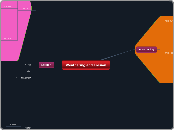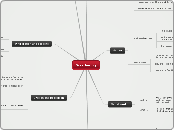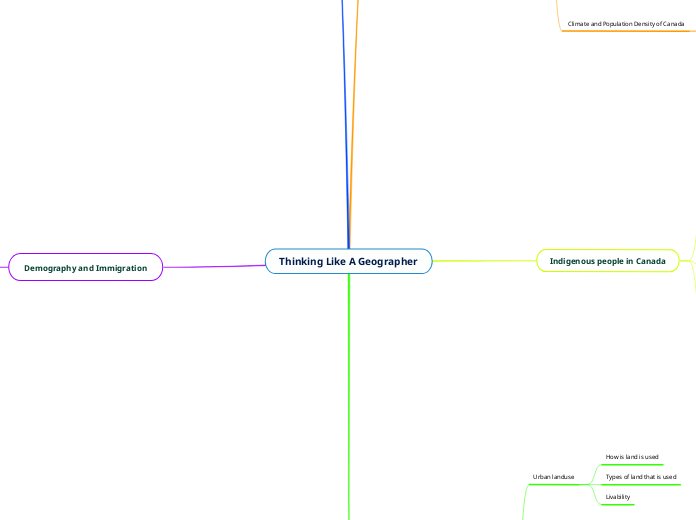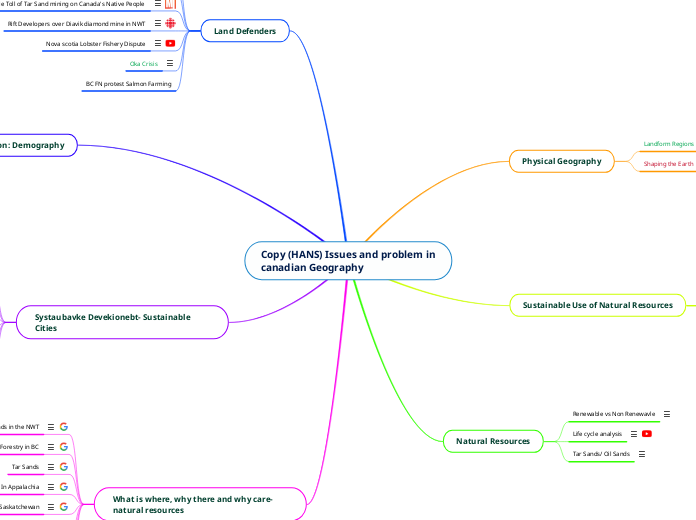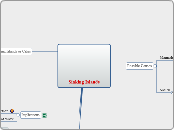Weathering and Erosion
Erosion
Water
Ground water
Subtopic
Runoff
Young streams
Gradient
V-shaped land
steep at head; flat at mouth
slope of stream
Stream devlopment
Longitudinal Profile-the side view fom head to mouth.
Types depend on shape, speed, volume of water.
stream = any channelized flow of water
Over time, continuos hill erosion leads to the devlopment of a stream
What affects runoff?
Vegetation
Slope of land
The water content of soil
The intensity and duration of rainfall
Mass Movement
Wind
Waves
Glacier
Landforms
Fjord
U-shaped valley filled with water
Kettle lakes
ice melt in own hole
Drumlins
Mounds and hills of tills
Erratics
Large rocks; unrelated placement
Till
Pile of debris left behind; unsorted
Fingerlakes
Giant, long, deep, glacial grooves; makes lakes
Moraines
Medial
In the middle of the glacier
Terminal
Rock and debris at the furthest point the glacier has reached
Dark bands: Rocks
Usualy on the outer edge
Type
Valley or Alpine
small; in between valleys
Continental
Large; spread out like a pancake (flat suface)
Description
Huge rock conveyor belts of ice
Rate of melting = Rate of moving
parallel grooves; scratched and polished
Weathering
Break down of rock over tiime
Mechanical
Organic activity
Roots; animals
Exfoliation and unloading
Rock weathers away
Less weight and pressure
Breaks into sheets and slabs
Frost wedging
water gets in
water frezes, expands
Freeze and thaw cycles
Disintegrates; no change in composition
Physical; into smaller peices
Chemical
Acid reactions
Dissolves
Oxidation
Rust!
More surface area; more weathering
